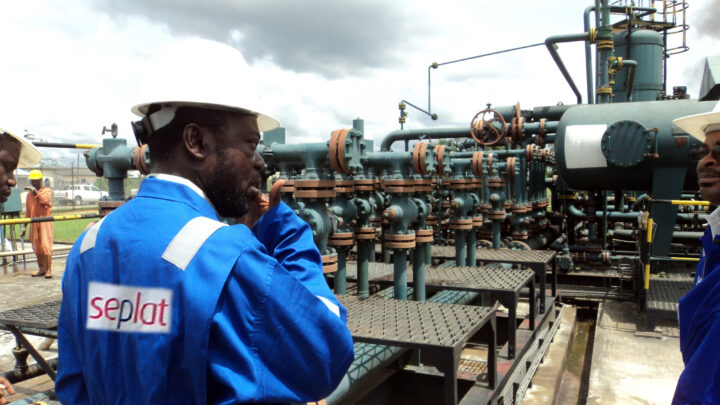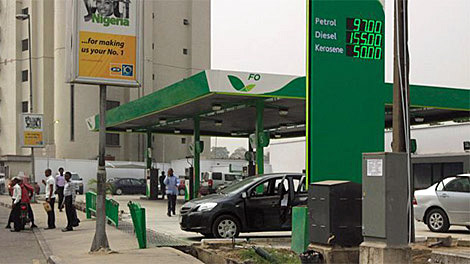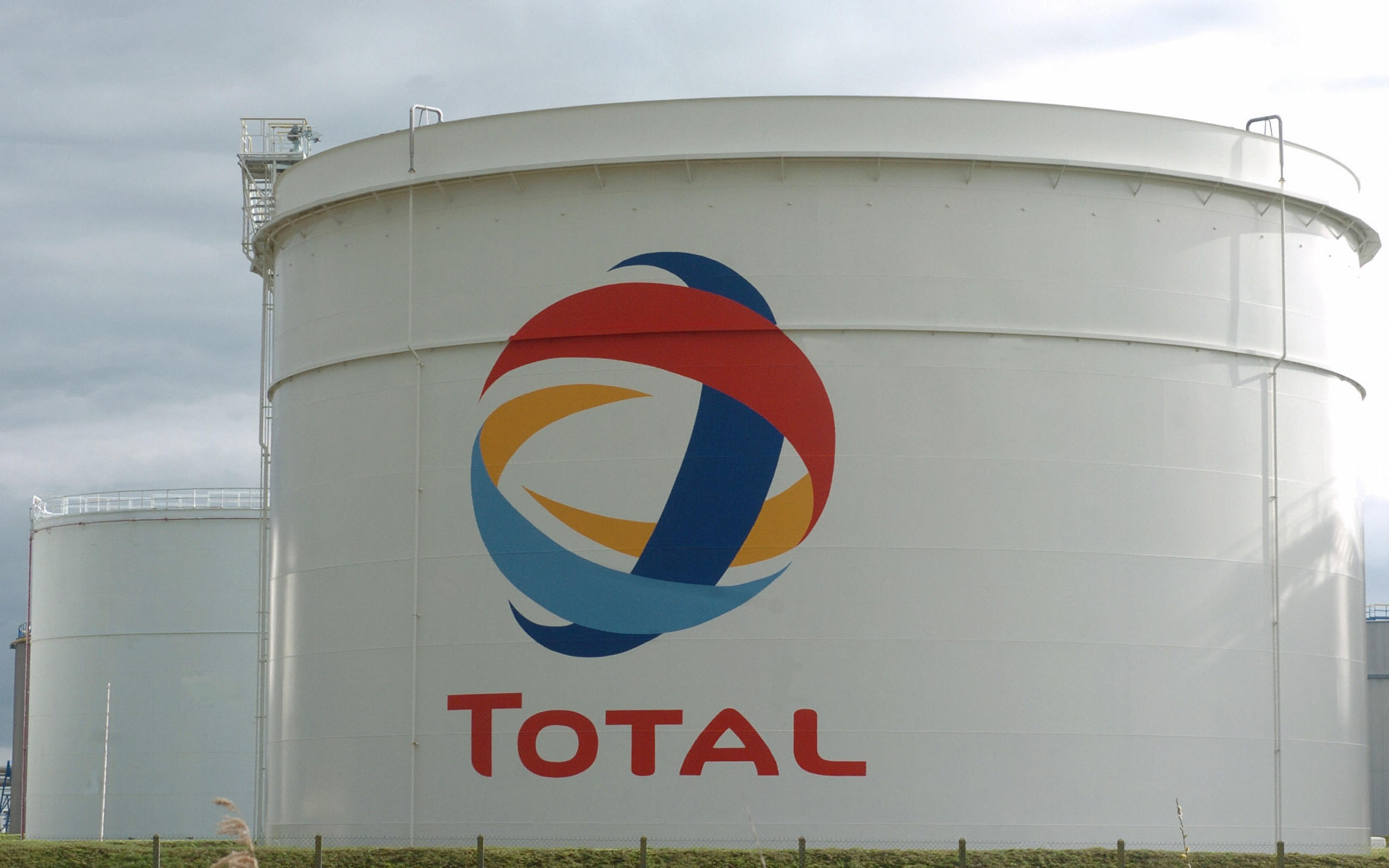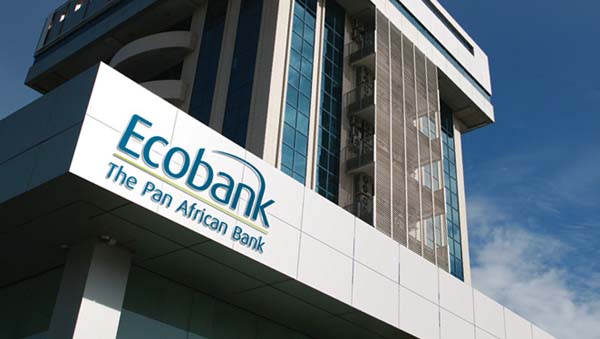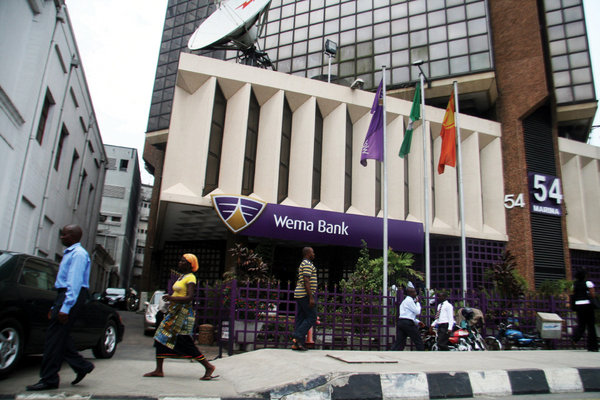Unilever Nigeria has reported a drop in profit by nearly one-half in its 2014 financial year. The consumer goods company’s after tax profit went down for the second year to the lowest figure in six years. The loss of over N4.2 billion in sales revenue accounted for much of the profit drop. A major increase in interest expenses is the second main factor in the fall in profit.
The company maintained profit growth every year since 2007 to a peak of N5.60 billion in 2011. A decline of N15.6% in 2012 lowered the company’s after tax profit to N4.72 billion, which accelerated to a drop of 49% to N2.41 billion at the end of 2014.
Sales revenue declined by 7% to N55.75 billion for Unilever Nigeria in 2014 from the peak of over N60 billion in the preceding year. A drop of N4.25 billion in turnover was the main development that shaped the company’s income statement in the year. Inability to grow sales volume is a general development that cut across sectors and industries in 2014.
The summary of the company’s operations in 2014 is that management applied increased proportions of revenue to meet the main cost elements and this thinned down profit margin. Cost of sales failed to decline at equal pace with sales revenue and therefore claimed an increased share of turnover during the year. Cost of sales accounted for 63.8% of sales revenue in 2014, increasing from 62.6% in 2013. Gross profit therefore declined ahead of sales at 10.2%.
Advertisement
Distribution/administrative expenses grew by 6% and therefore claimed an increased proportion of sales revenue as well. The company paid N1.91 billion in finance charges in the year, a rise of 65% from the 2013 figure. Management was compelled by cash flow pressure to increase its borrowing considerably in the year. Short-term borrowings multiplied four times to N12.06 billion in 2014.
The cost-income relationship of the company in the year resulted in a decline in net profit margin from 7.9% in the prior year to 5.1%. The company earned 75 kobo per share, down from N1.25 in 2013. The company’s register is scheduled to close between 13th – 17th April while payment will be made on 15th May 2015.
Unilever used to pay out its earnings fully in cash dividends but this time it is giving out just 10 kobo per share. There was no surplus cash generated from the business as at the end of the year even to pay the 10 kobo dividend announced. Net assets per share dropped by 28% to N1.98 during the review period.
Advertisement
Other major developments in the balance sheet include an increase of 23% in inventories, an increase of 5% in trade debtors and other receivables and a drop of 58% in cash and bank balances. Trade and other payables also dropped by 28% during the year.
The changes in the balance sheet resulted in major cash flow difficulties for the company. It ended the year with a net cash utilisation of over N1.82 billion from operating activities, a deep plunge from a net cash generation of N11.68 billion in 2013. Resort to increased borrowing provided the company with a net cash flow of about N2.43 billion from financing activities. Despite that, it still closed the year with a cash decrease of N3.23 billion and a cash deficit of N2.62 billion.
Add a comment


